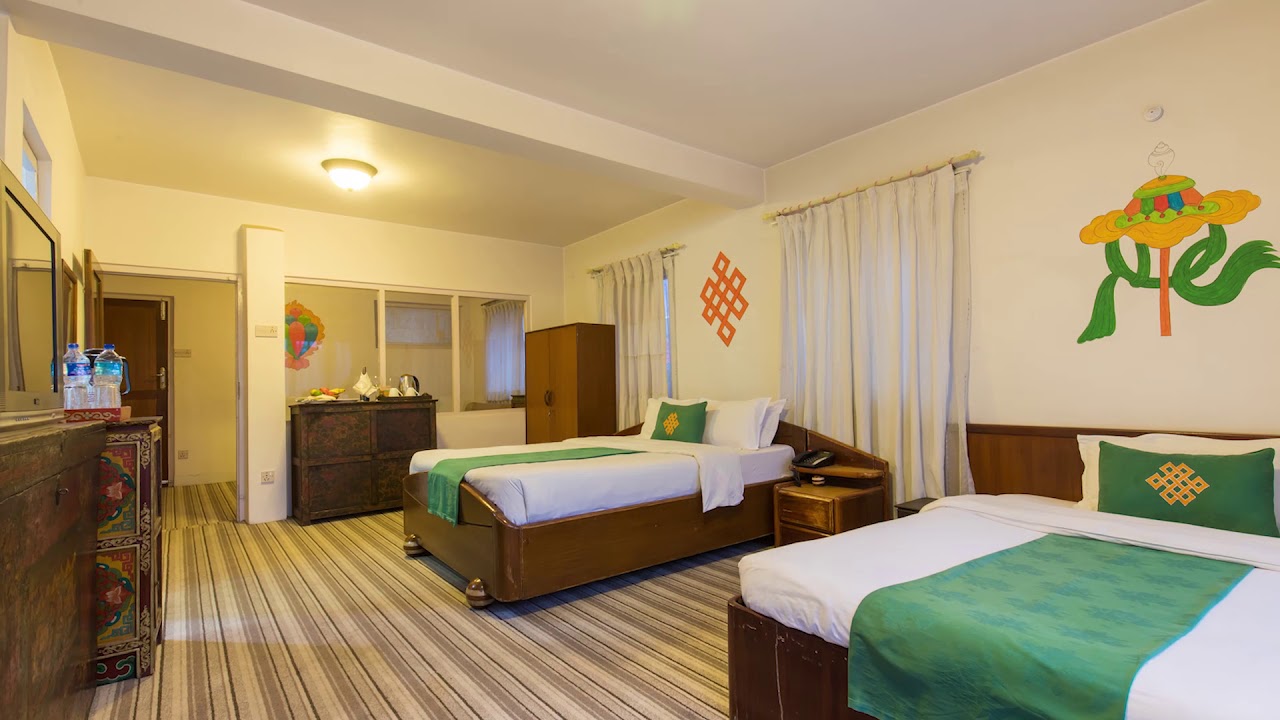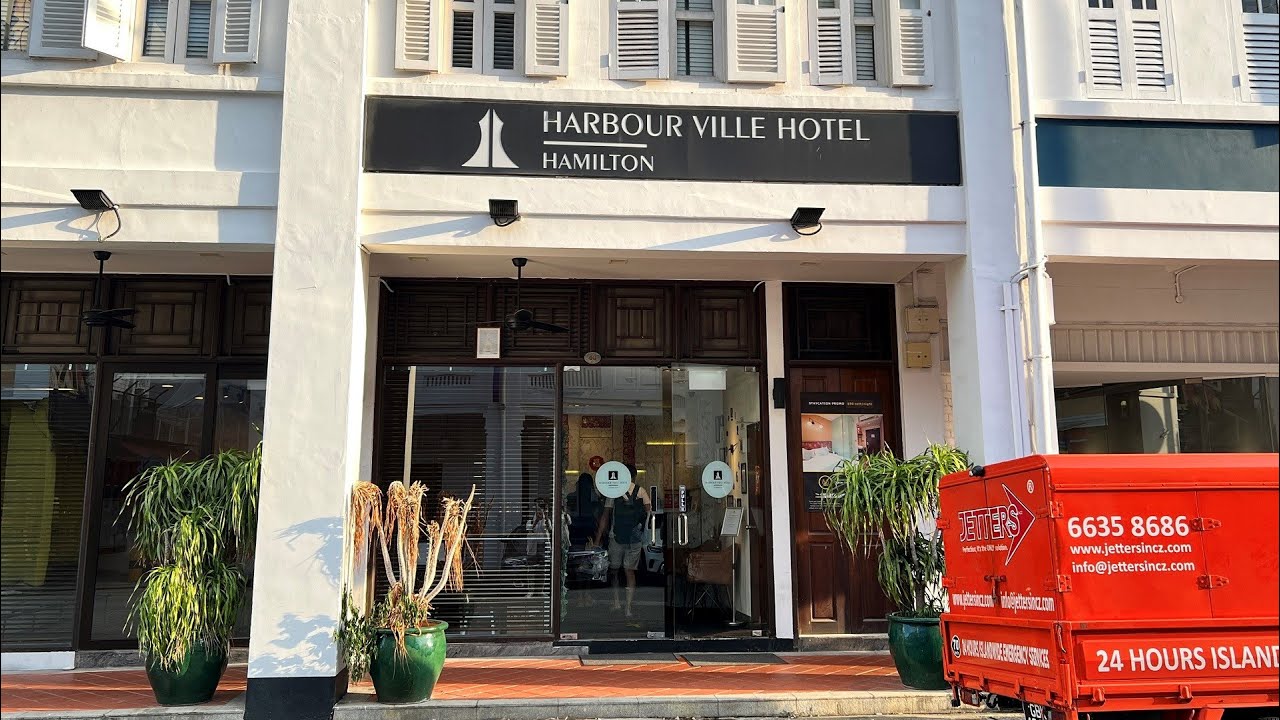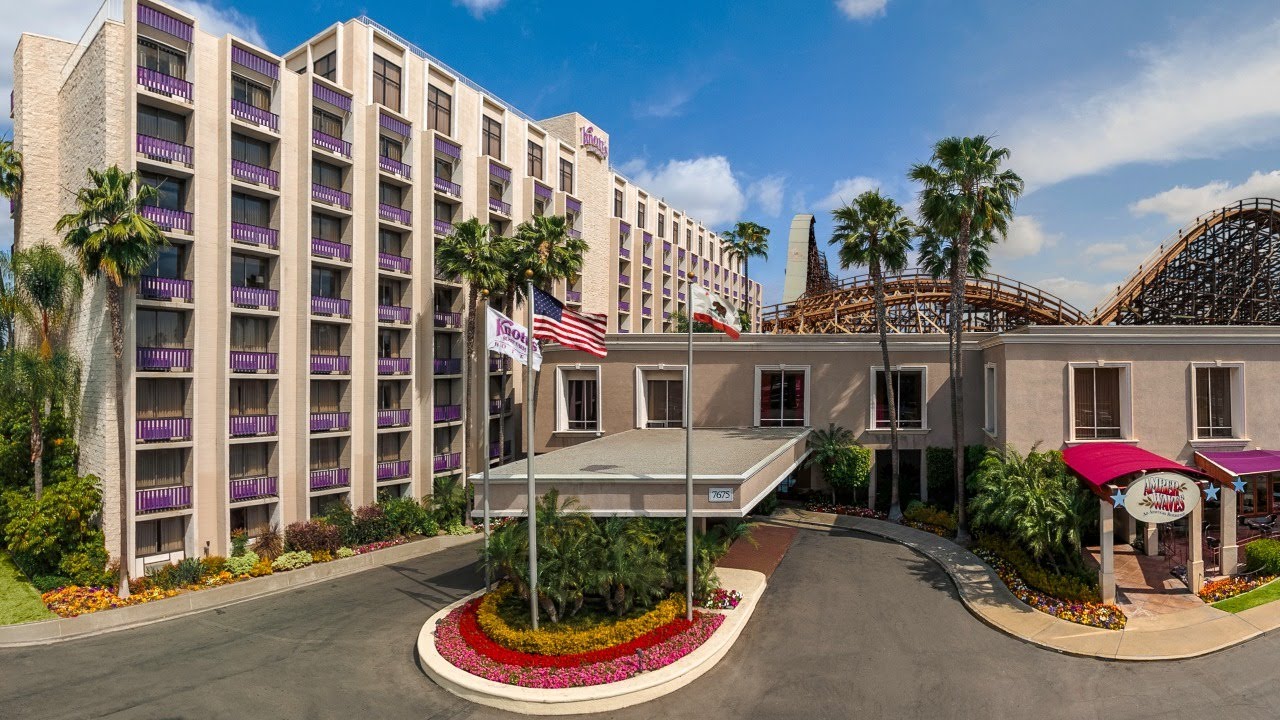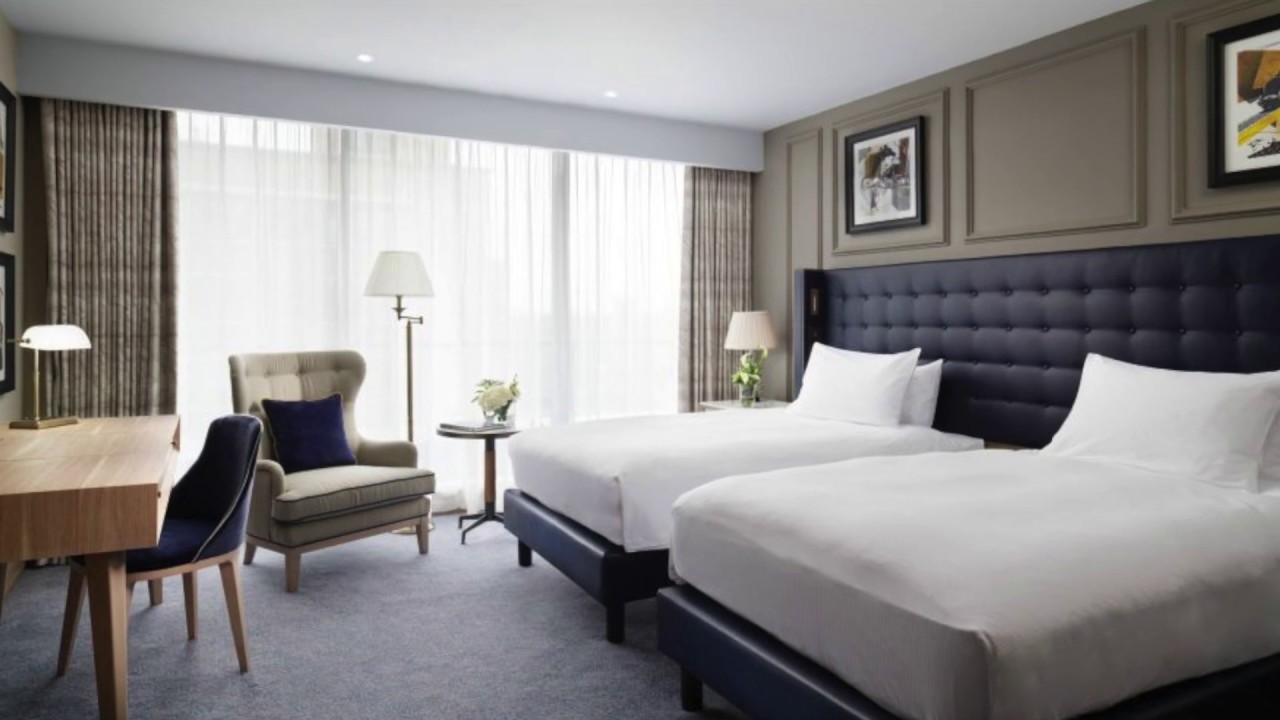What are the main characteristics of a boutique hotel? Personalized service, a personalized sense of place, unique decor, and location within a city are some of the characteristics that differentiate boutique hotels from larger, chain hotels. These qualities make boutique hotels unique and desirable. If you are considering staying in one, read on to discover how to pick the right one. We’ve compiled a list of the most desirable boutique hotels, and they’re all unique in their own way.
Personalized service
Small boutique hotels tend to have more personal touch, so their front desk staff is likely to remember the names of their guests. In addition to offering personalized service, boutique hotels also offer other benefits. Here are three ways these hotels can make personalized service work for your hotel. One way is to use data-driven personalization. It allows hotels to send personalized emails to people who have made a booking or a few days before their check-in date.
First and foremost, boutique hotels tend to be small and exclusive. The ideal size of a boutique hotel is between 100 and ten rooms. This helps create the signature feel of intimacy and personality. Another way to distinguish a boutique hotel is its location. Boutique hotels are typically located in hip neighborhoods and trendy areas. Their locations often make them popular with locals. And the service is highly individualized. That means you can get to know the staff members and the location of your hotel.
When it comes to personalized service, a boutique hotel goes the extra mile. Personalized amenities and an extensive guide to the neighborhood are all hallmarks of a boutique hotel. These hotels also go above and beyond to make your stay a memorable one. In London, for example, the Hotel Londra Palace opened its doors to the world in 1853 and has hosted a number of affluent guests. It organizes Gondola Rides and hosts book presentations and concerts.
Another key aspect of personalization is the focus on the customer experience. Boutique hotels strive to offer a personalised experience for every guest. By tailoring an experience to a guest’s needs, they can improve their revenue per customer. By providing personalized service, boutique hotels can attract niche market customers, which in turn inspire loyalty. Personalizing a guest’s stay isn’t hard, and technology can help. As long as all employees align around the same culture and philosophy, the result will be a personalized guest experience.
Personalized service is essential to a boutique hotel’s success. They offer personalized service by greeting guests by name, and customize their amenities to meet their preferences. They also offer unique experiences that reflect the culture of their surroundings. Some boutique hotels will also feature local art and even offer free tours of the town. Personalized service means a unique hotel experience for both the guest and the host. So, when searching for a boutique hotel in a small town, consider these benefits.
Sense of place
A sense of place is more than a location, it’s about a brand identity. Consider Disney resorts. Not every Disney resort is a luxury hotel, but they all have a distinct ambiance, design, and characters. And, like Disney, boutique hotels can leverage their place in history and culture to differentiate their brand from competitors. The same is true for hotels. In addition to offering unique experiences, boutique hotels can use iconic signature elements and symbolic rituals to distinguish themselves from others.
Sense of place is a term that has long been associated with a variety of disciplines. But, as more hotels look to differentiate themselves from the competition, the term has come to be associated with the hospitality industry. Sense of place describes how a destination affects the senses, and it triggers an emotional response that makes people feel comfortable and familiar. This can be used as a competitive advantage or an opportunity to retain and build loyalty among customers.
Sense of place is a crucial part of a boutique hotel’s appeal. The hotel’s design often reflects the culture and history of its destination, highlighting local artists and serving locally sourced food. Moreover, boutique hotels are often stylish, fashionable, and pay attention to details to make a place feel unique. In other words, a boutique hotel’s overall appearance creates a positive impression on customers.
The ambiance and design of a boutique hotel is a unique feature that sets it apart from conventional hotels. Boutique hotels have a unique personality, which inspires the traveler’s inner designer. A hotel’s website showcases handpicked souvenirs, while the design of the guestroom is carefully curated. Boutique hotels also offer personalized service. They aim to make their customers feel special, as opposed to being an afterthought.
The ’boutique’ label is an outdated one. Today, even corporate hotel brands are following this trend. While these hotels are often smaller and less posh, they are still hotels. They strive to create an individual, unique personality that differentiates them from other places. Unlike traditional hotels, they focus on delivering a unique experience, instead of simply providing a service that’s universal. This difference is key to their success and appeal, and it makes sense for consumers to visit these places.
Personalized decor
While some hotel chains have standardized decor across their properties, boutique hotels tend to use personalized decor and novelties to create an individual feel. This personal touch comes from the fact that boutique hotels do not rely on the global identity of a hotel chain to build their brand image. They will often use a theme or homage to the former location of the hotel, making them unique and memorable. Boutique hotels also feature unique services, including personalized decor, eco-friendly options, and technology-driven services.
The personalized service and smaller size make boutique hotels stand out from larger chain hotels. The decor and overall aesthetics of boutique hotels can reflect a place’s culture, which is particularly appealing for travelers. They’re often designed to blend in with the environment and culture of the community. That means personalized attention to guests’ needs. And they’re smaller than larger hotels, allowing the hotel to tailor its services and amenities to the individual guests’ needs.
Many boutique hotels are also unique in their setting. Located miles away from the city, they can be surrounded by beautiful gardens or seaside vistas. Some boutique hotels also include unique and exotic restaurants or bars that cater to local tastes. Regardless of location, boutique hotels can offer personalized hospitality and personalized decor. As a bonus, many boutique hotels even welcome their guests by name. So, when looking for a new hotel, it’s worth keeping a boutique hotel in mind.
The difference between a boutique hotel and a traditional chain is in the details. Some boutique hotels feature upscale décor and personalized art. A hotel with personalized decor has a higher sense of style than a generic hotel. Personalized decor adds a personalized touch to a room, making it more memorable for guests. And personalized decor can also increase a hotel’s guest loyalty. It’s important for a boutique hotel to maintain the individuality of each guest.
Location in a city
A boutique hotel is a small, stylish hotel, typically with fewer than 100 guest rooms. They’re known for their personalized service and distinctive design. They are usually located in trendy, urban neighborhoods or downtown retail districts. The term “boutique” is a result of the Morgans Hotel, which was opened in 1984 by hotelier Ian Schrager. Schrager compared the big-box hotel industry to a department store. The term “boutique” has stuck ever since.
Because boutique hotels are designed to match their surroundings, they’re often rooted in the city and attract locals as well as tourists. ACE hotels, for example, opened their first boutique hotel in Seattle in 1999. Since then, they’ve opened branches in London and the US. They’ll also be opening in Kyoto and Toronto later this year. ACE hotels attract locals as well as tourists. Whether they’re offering an exclusive suite or a chic restaurant with a bar, guests have a unique experience.
One notable example of a boutique hotel is Hotel Seven in Amsterdam, which features rooms that are quirky and uniquely themed. Some rooms even feature floating bathtubs and levitating beds. The atmosphere at Hotel Seven is eclectic, and guests can relax in a quiet, peaceful environment, or indulge in a nightlife excursion nearby. However, be sure to check out all the available amenities before booking. You’ll be glad you did.
Another unique thing about a boutique hotel is that they are generally located in a city. This is because boutique hotels are a good choice in a bustling city. Even though you may not have the budget for a luxury boutique hotel, you’ll find something that suits your needs. Whether you’re looking for a quaint bed and breakfast or a modern, chic hotel, boutique hotels are the perfect choice for your next vacation.



